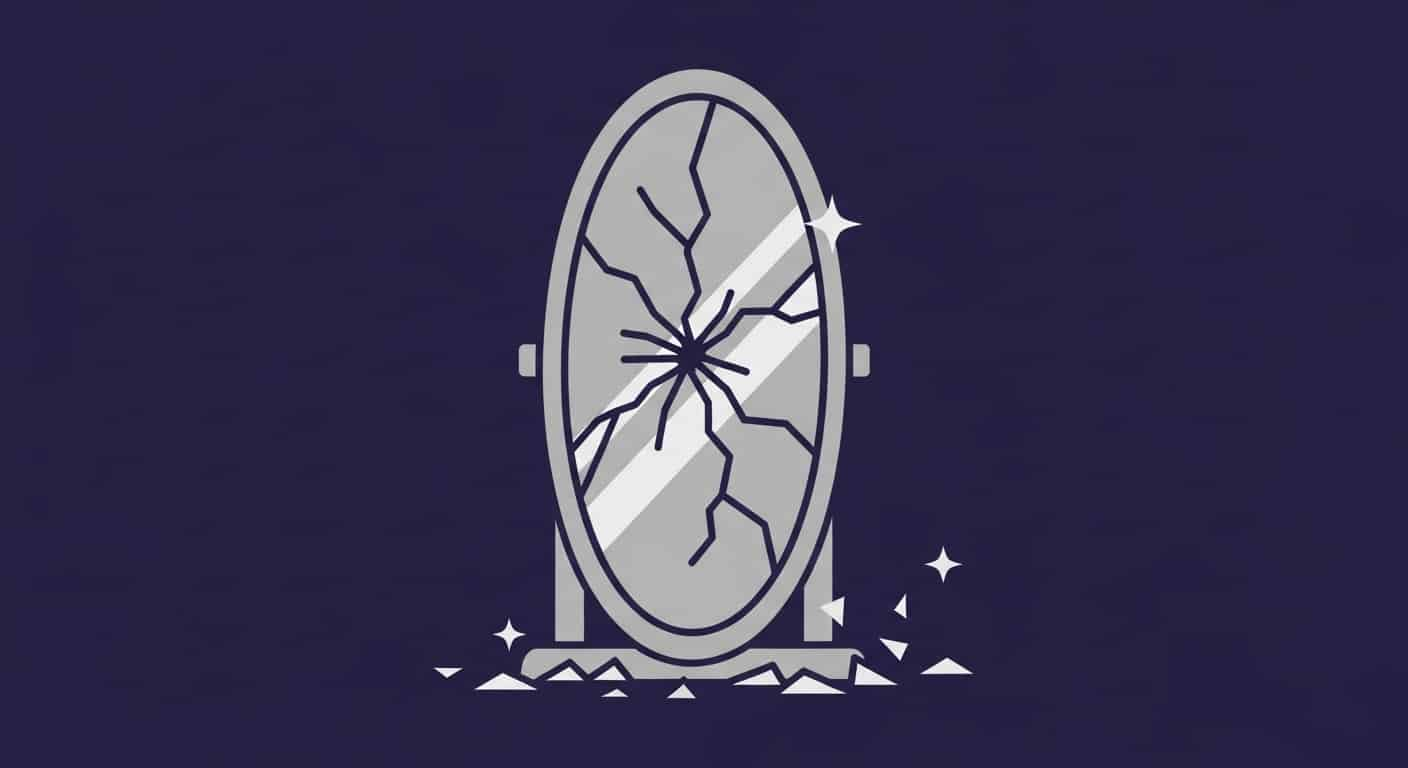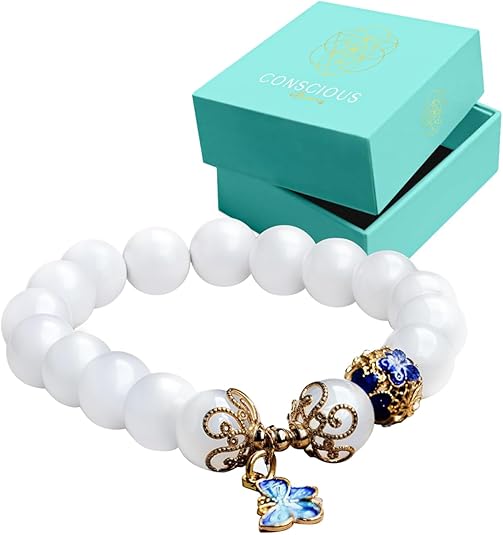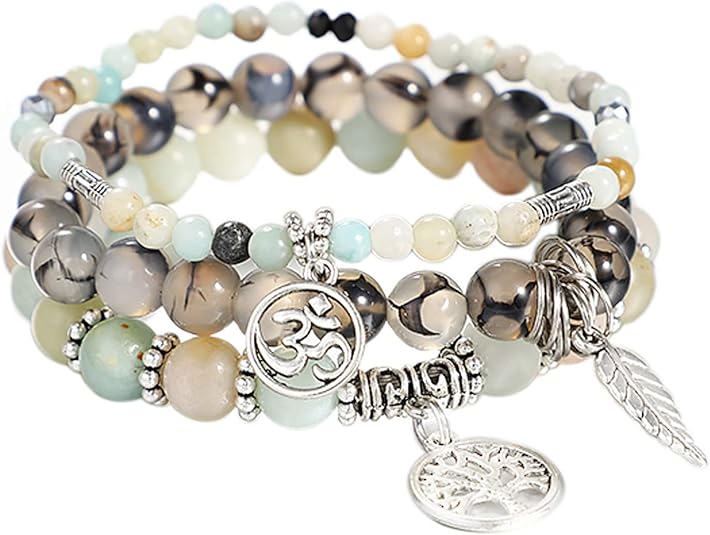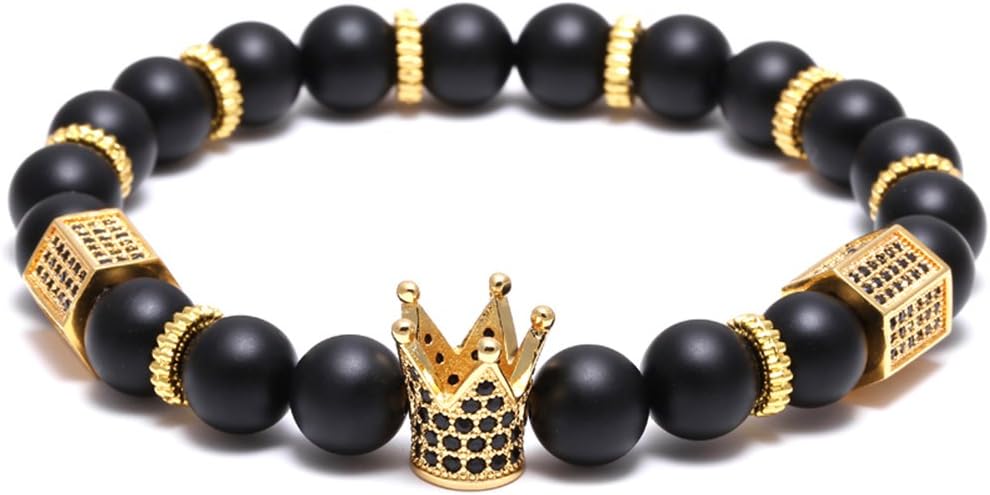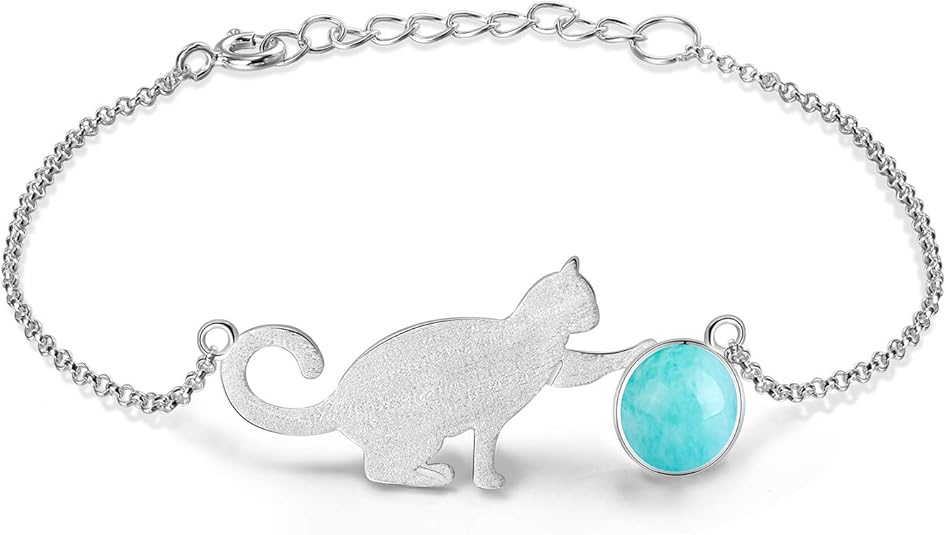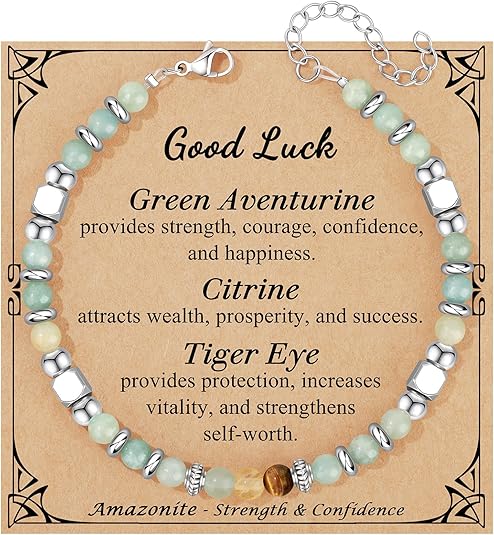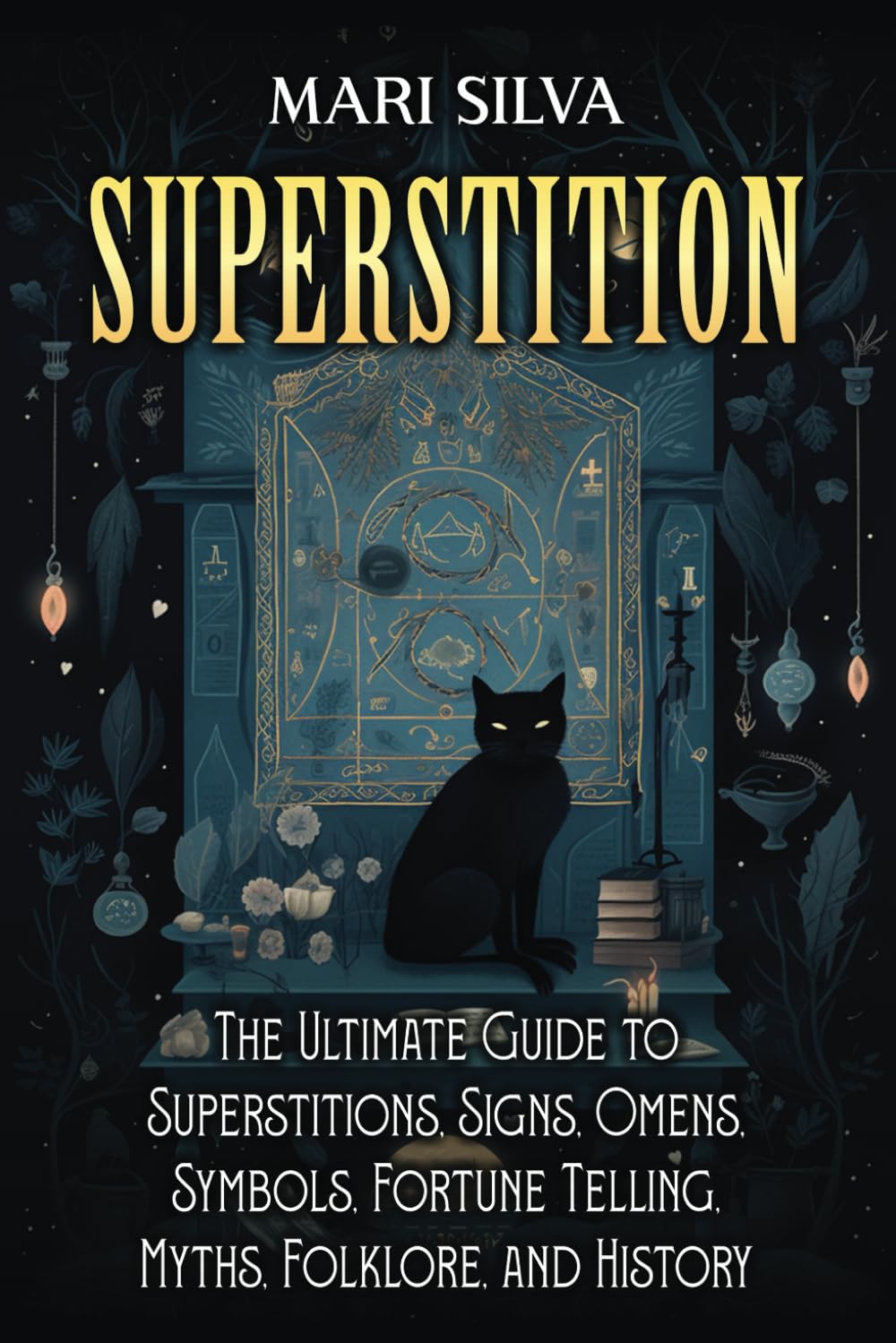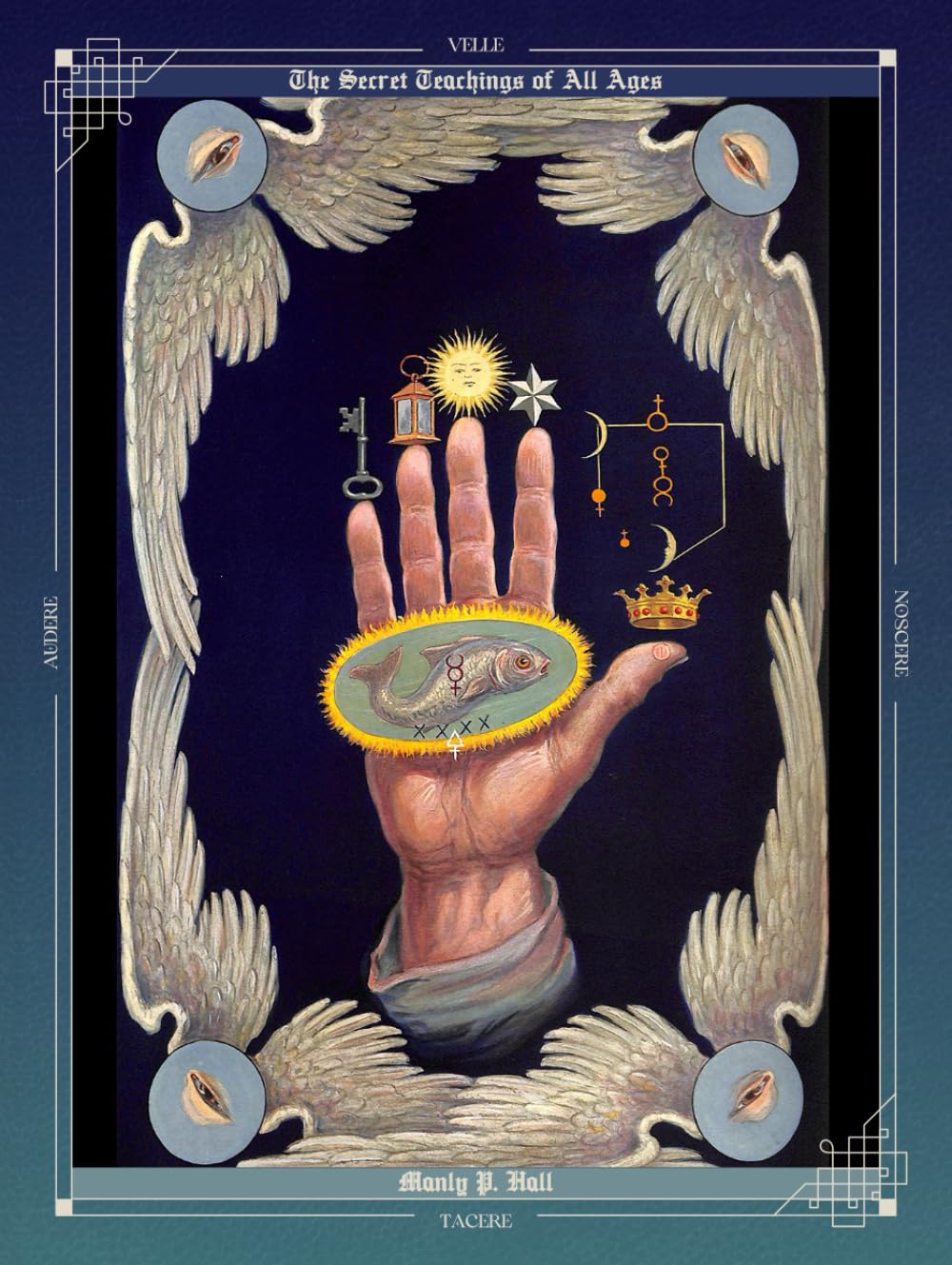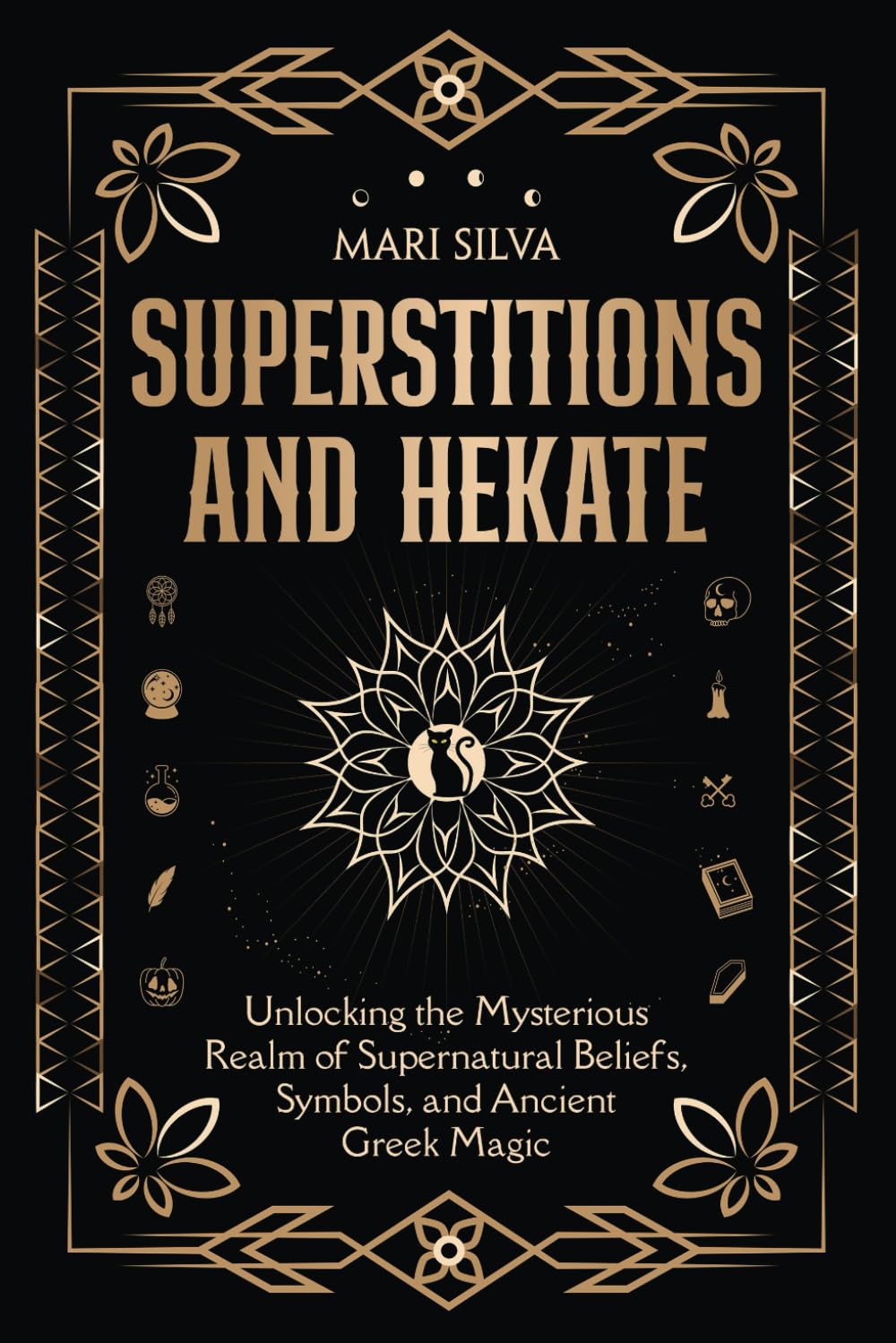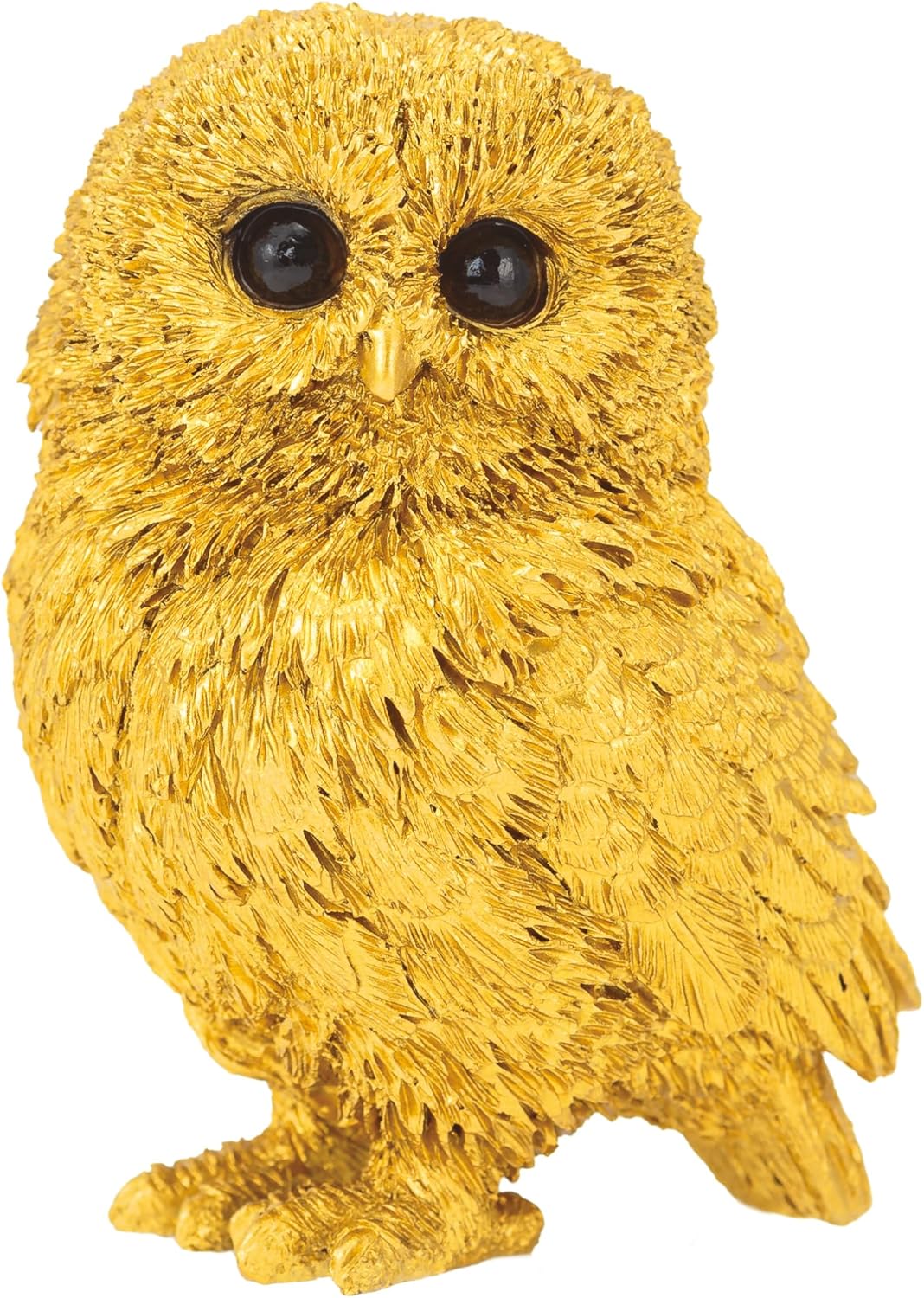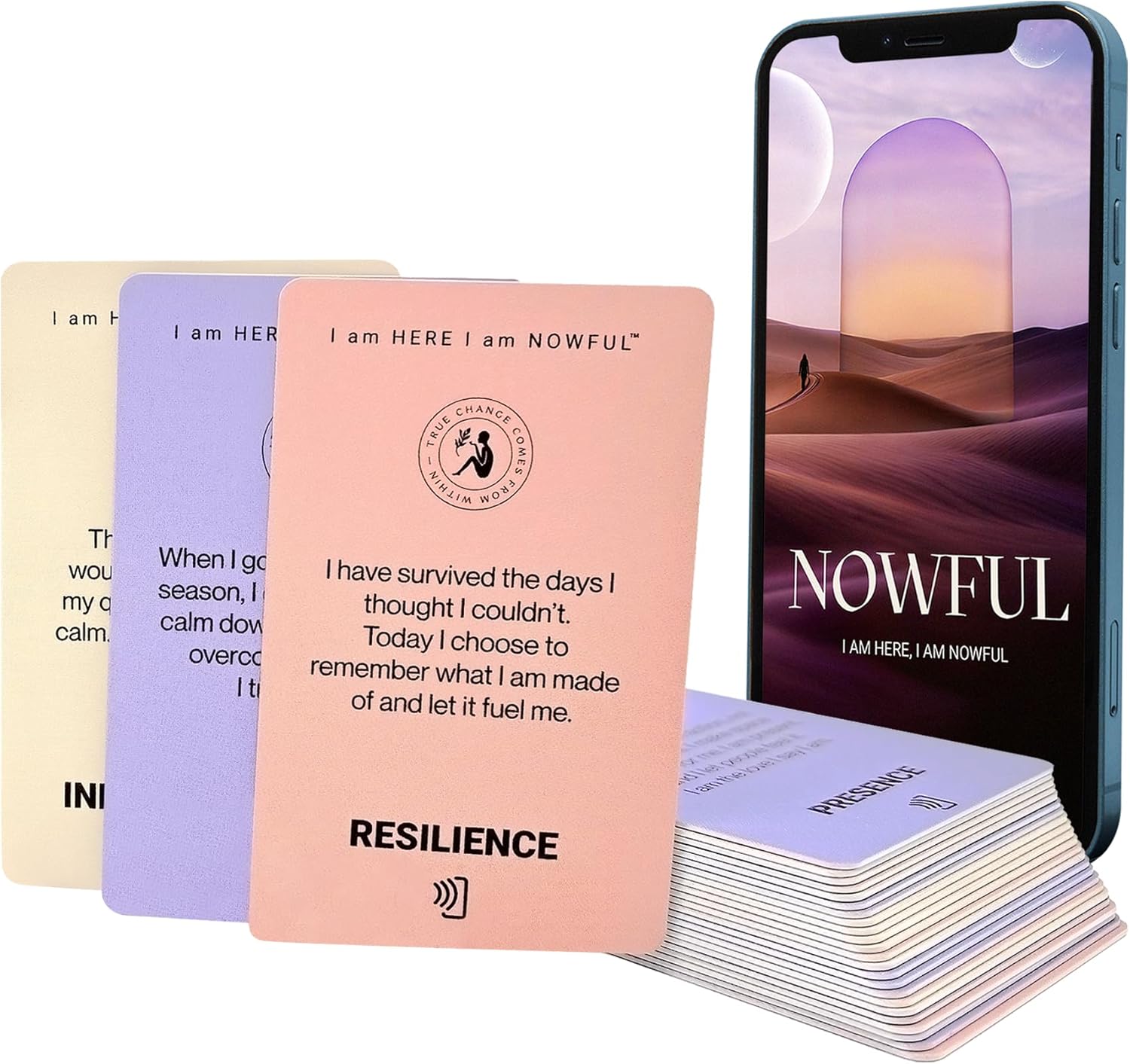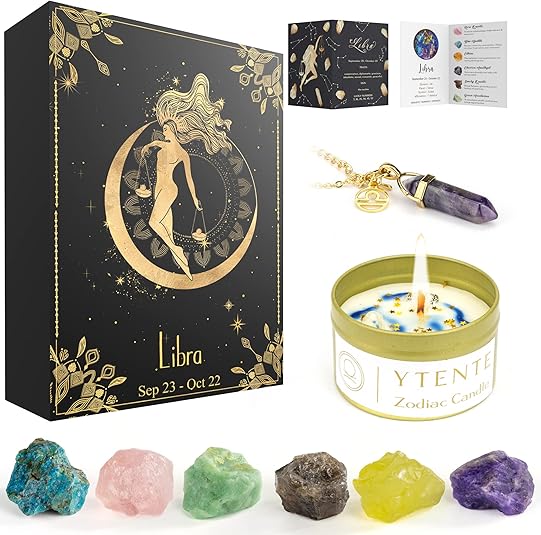Mirrors have long been objects of fascination and mystique. More than simple tools for checking our appearance, they have been seen throughout history as portals to other realms, windows to the soul, and carriers of profound symbolic weight. This deep connection to the spiritual and the unknown is never more apparent than when a mirror shatters. The sharp crack, the splintering of a once-perfect reflection, sends a shiver down the spine of many, awakening ancient fears and beliefs. The most pervasive of these is the broken mirror superstition, a powerful notion that has captivated human imagination for millennia.
Advertisement
When you ask, “What does it mean when you break a mirror?”, you are tapping into a rich vein of folklore, cultural history, and human psychology. For many, the immediate answer is simple and grim: bad luck. But the story is far more complex than that. The meaning of a broken mirror shifts across cultures and time periods, ranging from a dire omen to a symbol of liberation. This article delves into the origins, interpretations, and enduring power of mirror superstitions, exploring why the simple act of breaking a mirror can evoke such strong reactions and what it truly signifies.
The Ancient Roots: Where Did the Fear of a Broken Mirror Begin?
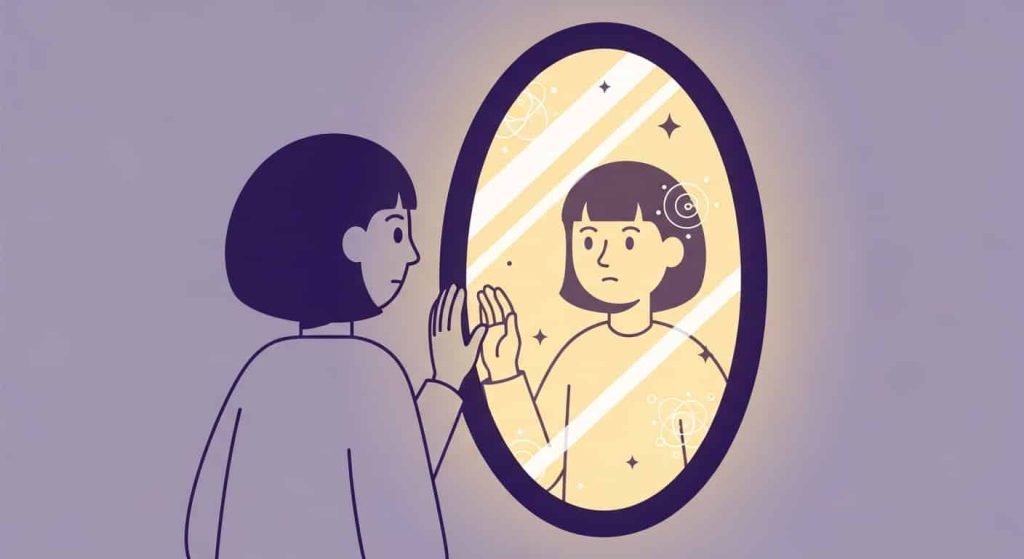
The question, “Why is it bad luck to break a mirror?” doesn’t have a single, simple answer. Its origins are a tapestry woven from the beliefs of ancient civilizations, each adding a thread to the story. To understand the superstition, we must travel back to a time when mirrors were not common household items but rare, precious, and magical objects.
Roman Beliefs and the Birth of a Curse
The most direct and famous answer to “how many years of bad luck for breaking a mirror?” is, of course, seven. This specific timeframe can be traced back to the Ancient Romans. So, where did 7 years’ bad luck come from? The Romans were among the first to produce glass mirrors, and they held strong beliefs about the power of reflections. They believed that a mirror did not just show a person’s image; it captured a fragment of their soul. Therefore, the breaking of the mirror was seen as a direct assault on the spirit, causing it to become fractured or trapped.
Advertisement
The Romans also held a cyclical view of life and health. They believed that the human body and soul renewed themselves every seven years. If a person’s soul was damaged by a broken mirror, it would take a full seven-year cycle for it to heal and become whole again. This is the 7-year bad luck mirror origin. During this period, the individual would be plagued by misfortune, as their weakened soul could not protect them from harm. This potent combination of beliefs—the soul in the reflection and the seven-year cycle of life—created the infamous curse of seven years’ bad luck. The broken mirror superstition origin is firmly planted in Roman spiritual philosophy, which is where the superstition of breaking a mirror comes from.
Greek Divination and Omens
Before the Romans, the Ancient Greeks also held mirrors in high regard, primarily as tools for divination. This practice, known as catoptromancy, involved using mirrors to foretell the future. A diviner would submerge a mirror in water and have a sick person look into it. If the reflection appeared clear and healthy, the person was expected to recover. However, if the reflection was distorted or broken, it was considered a terrible omen, signaling impending doom.
For the Greeks, a broken mirror was not just an accident; it was a sign from the gods. The cracked mirror’s meaning was a direct message of misfortune. While they didn’t have the specific “seven-year” curse, the Greek association of broken reflections with negative future events fortified the idea that breaking mirrors the future could spell disaster. This added another layer to the developing broken mirror symbolism, connecting a shattered image with a shattered destiny.
The Value and Mystique of Early Mirrors
Beyond specific spiritual beliefs, the sheer cost and rarity of early mirrors contributed to the superstition. Before modern manufacturing, mirrors were crafted from polished obsidian, bronze, silver, or other precious metals. Later, Venetian glass mirrors were luxury items, affordable only to the wealthiest echelons of society.
Advertisement
What happens if you break a mirror in such a context? Financially, it was a significant loss. Breaking an object that cost a considerable sum of money was inherently unlucky. For servants in a wealthy household, accidentally breaking a mirror could lead to severe punishment, including years of indentured servitude to pay off the debt—a very real-world form of “bad luck.” This economic reality reinforced the notion that a smashed mirror, bad luck, was a certainty. The preciousness of the object made its destruction a momentous and unfortunate event, easily imbued with supernatural significance.
Understanding the Symbolism: What Does a Broken Mirror Truly Represent?
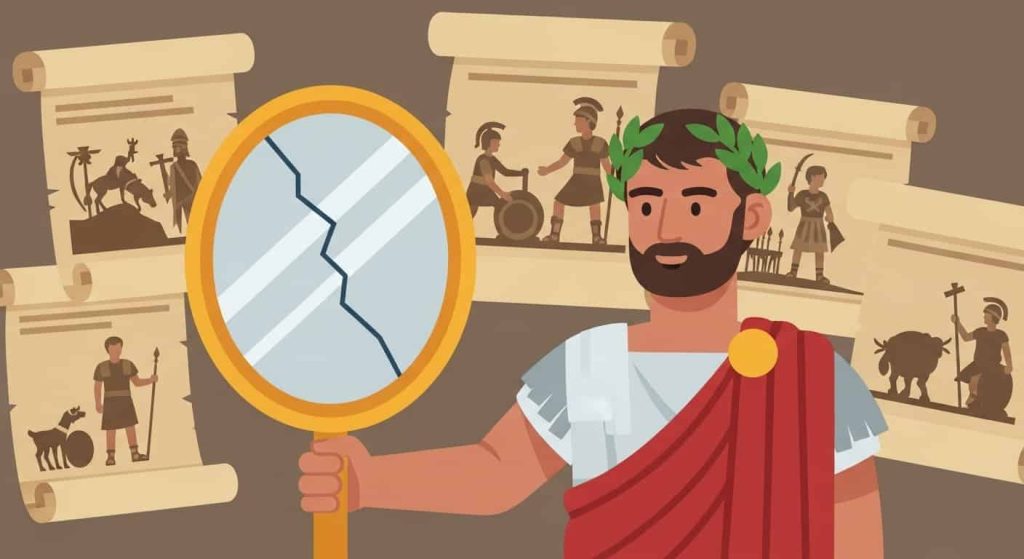
The fear surrounding a broken mirror goes beyond ancient curses. The object itself is rich with symbolism, and its destruction carries multiple layers of meaning. When we ask, “What does a broken mirror symbolize?”, we are exploring deep-seated human ideas about self, truth, and reality.
The Fractured Soul and Identity
At its core, the spiritual meaning of breaking a mirror is linked to the concept of the soul. A mirror presents a perfect, whole image of you. It is a representation of your identity. When that image is shattered into countless distorted pieces, it can feel like a symbolic fracturing of the self. The meaning of a broken mirror often translates to a loss of wholeness, a disruption of one’s spirit or essence. This is a primary reason why breaking a mirror is bad luck.
Advertisement
This broken mirror symbolism suggests a period of internal turmoil or spiritual vulnerability. The spiritual meaning of a broken mirror can be interpreted as a sign that your protective spiritual shield has been compromised, leaving you open to negative influences or misfortune. The sight of your own face, warped and broken, can be deeply unsettling, reinforcing the feeling that something is fundamentally wrong.
The Shattering of Truth and Illusion
Mirrors are often seen as symbols of truth. They “do not lie,” reflecting exactly what is in front of them without judgment. A broken mirror, however, presents a distorted, false reality. The image is no longer true. This leads to another layer of broken mirror meaning: the shattering of truth or the intrusion of illusion.
Breaking a mirror could symbolize a moment where clarity is lost, and you are forced to navigate a period of confusion or deception. The world, like your reflection, may seem disjointed and unreliable. This interpretation helps explain why a broken mirror is bad luck—it suggests a time when you cannot trust what you see, making it difficult to make sound decisions and avoid pitfalls.
Advertisement
A Sign of Abrupt and Unwelcome Change
The physical act of breaking a mirror is which change? It is sudden, violent, and irreversible. A pristine object is instantly transformed into a collection of dangerous shards. This abruptness is a powerful symbol of sudden, often negative, change in one’s life. The sound of the glass shattering can feel like a premonition of an impending crisis—the loss of a job, the end of a relationship, or an unexpected accident.
The question of “what happens when you break a mirror?” can thus be answered symbolically: your life’s smooth surface is about to be shattered. The disruption and chaos represented by the broken glass are projected onto your own future, creating the expectation of bad luck breaking a mirror.
The Infamous Curse: Seven Years of Bad Luck
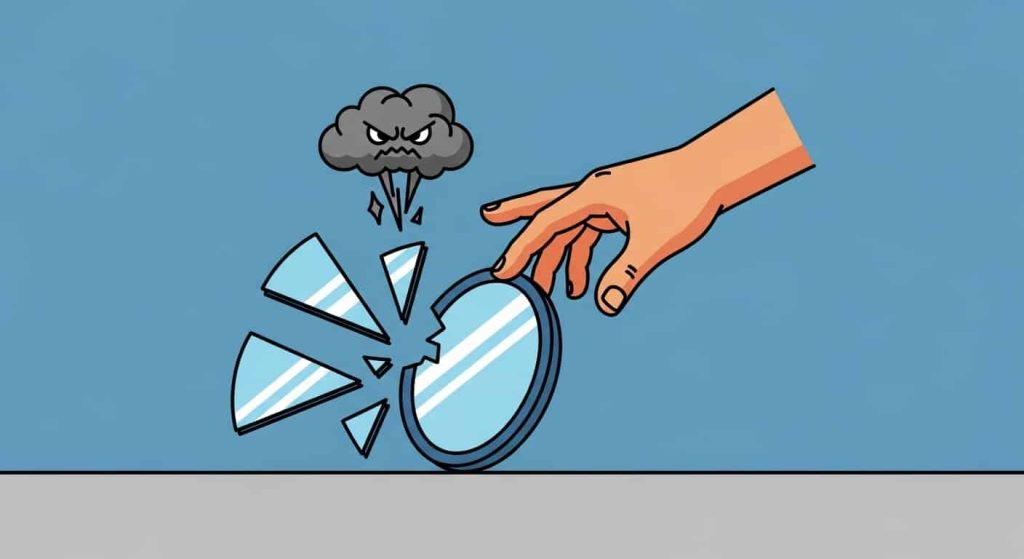
The most famous consequence associated with a broken mirror is, without a doubt, the 7 years’ bad luck. This idea is so deeply embedded in Western culture that even non-believers are familiar with it. But where did this specific duration come from, and why has it persisted for so long?
As mentioned, the 7-year bad luck mirror origin lies with the Romans and their belief in a seven-year cycle of renewal. The belief was that by breaking a mirror, you were inflicting a deep wound upon your soul. The subsequent seven years of bad luck were the period of suffering required for the soul to regenerate and become whole again. It was a cosmic sentence, a penance for the spiritual damage that had been done.
Advertisement
The question “how many years bad luck if you break a mirror?” almost always elicits the same answer. The number seven itself has mystical significance in many cultures—seven days of creation, seven deadly sins, seven chakras. This pre-existing symbolic power of the number seven likely helped cement the Roman belief into a lasting superstition. The phrase seven years’ bad luck mirror became a powerful piece of folklore, passed down through generations.
So, is breaking a mirror really bad luck for seven years? From a logical and scientific standpoint, no. There is no evidence to suggest that shattering a piece of glass can influence cosmic forces to bring you misfortune. However, the power of belief is a formidable force. If someone truly believes they are cursed, they may fall victim to confirmation bias—interpreting any negative event, no matter how small, as proof of the curse. This psychological effect can create a self-fulfilling prophecy, making the seven-year bad luck feel very real.
Counteracting the Curse: How to Get Rid of Bad Luck from Breaking a Mirror
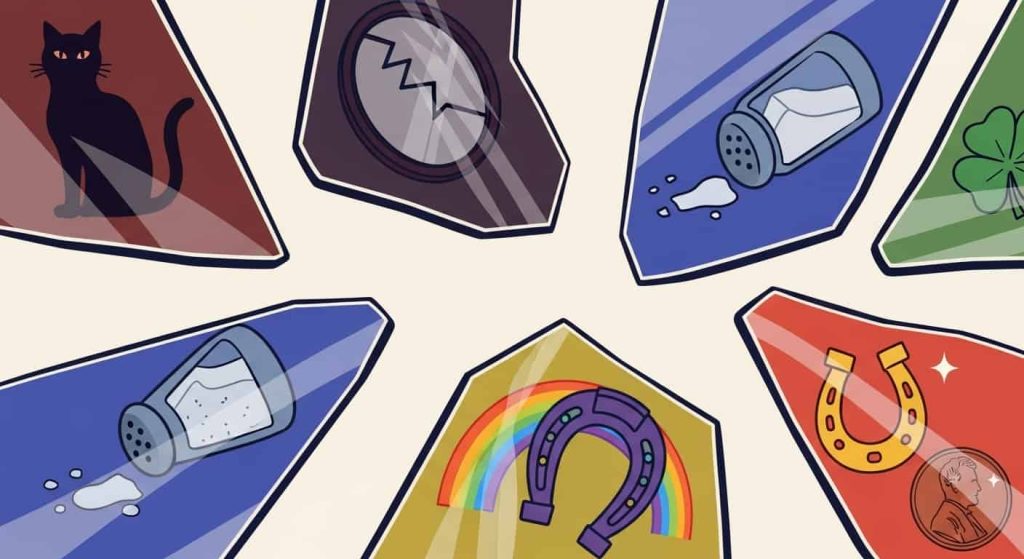
For as long as people have believed in the bad luck broken mirror curse, they have also sought ways to counteract it. The fear of enduring 7 years of bad luck led to the development of numerous folk remedies and rituals designed to cleanse the misfortune. If you find yourself with a shattered mirror, folklore offers several methods for a broken mirror bad luck fix.
The Proper Disposal of the Shards
One of the most common beliefs is that the way you handle the pieces of the broken mirror is crucial. Simply throwing them in the trash is seen as careless and could prolong the bad luck. The question of how to dispose of a broken mirror without bad luck has several traditional answers.
Advertisement
- Bury the Pieces: A widely known method is to carefully gather every shard of the broken mirror and bury it in the earth. This is often done at night, preferably under the light of a full moon, to add to the ritual’s potency. The act of burial symbolizes returning the broken soul-fragments to the earth for healing and purification. It is a way to ceremonially end the curse and prevent the fractured reflection from causing further harm.
- Grind the Shards to Dust: Another powerful technique for how to get rid of broken mirror bad luck is to grind the pieces into a fine dust. This destroys the broken reflections, ensuring they can no longer harm you. Once pulverized, the dust can be scattered to the wind, symbolizing the dispersal of the bad luck.
- Running Water Cleanse: Flowing water is seen as a powerful purifying agent in many traditions. To reverse 7 years’ bad luck from breaking a mirror, some recommend taking the largest piece of the shattered mirror to a river or stream and touching it against a stone until the sharp edges are worn away. Alternatively, you can throw all the pieces into a south-flowing river, which is believed to carry the bad luck away with its current.
Other Rituals and Counter-Charms
Beyond disposing of the pieces, other rituals have been practiced to ward off bad luck for breaking a mirror.
- Touching a Gravestone: An old and rather macabre folk remedy involves taking a piece of the broken mirror and touching it to a tombstone. The idea was to transfer the bad luck from the living to the dead. After doing so, the shard should be left at the gravesite.
- Burning a Piece of the Mirror: Some traditions suggest burning one of the shards. This is a difficult task, but the symbolic act of purification by fire was believed to be a potent way to destroy the curse.
- Waiting It Out: The most patient (and perhaps most fatalistic) approach is to simply wait. Some believed that the worst of the bad luck would manifest immediately. If nothing catastrophic happened within the first few hours after breaking a mirror, you might be in the clear.
These remedies highlight the human need for a sense of control. Faced with the terrifying idea of a seven-year curse, these rituals provided a tangible set of actions to regain agency and fight back against a perceived malevolent fate.
Is Breaking a Mirror Always Bad Luck? Exploring Positive Interpretations
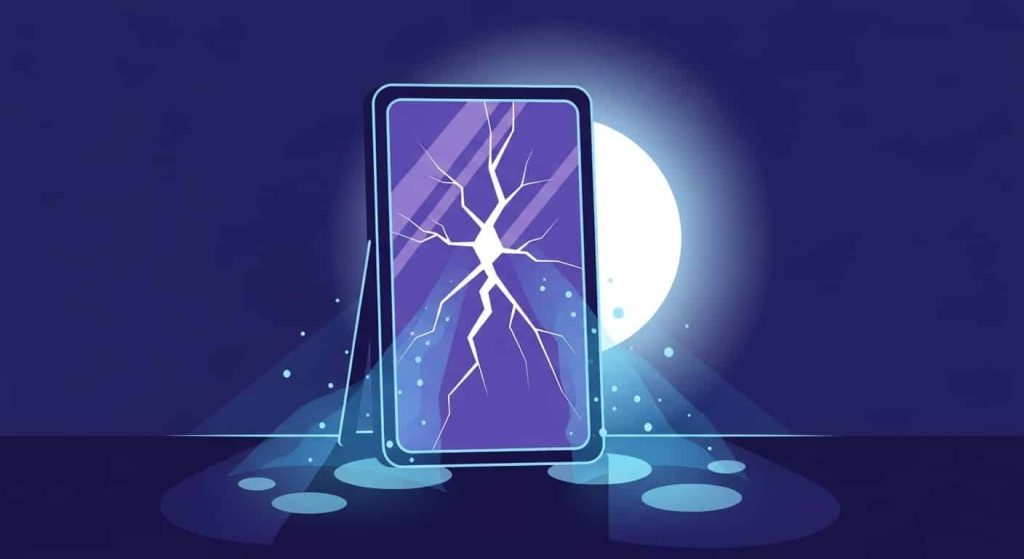
While the association between a broken mirror and misfortune is strong, it is by no means universal. The question “Is breaking a mirror bad luck?” can sometimes be answered with a surprising “no.” In some belief systems and modern interpretations, a shattering mirror can be a positive event. The idea of mirror-breaking good luck exists as a powerful counter-narrative.
A Release of Negative Energy
One of the most compelling positive interpretations is that a mirror absorbs negative energy over time. It witnesses arguments, sadness, and illness, trapping those vibrations within its reflective surface. In this view, when a mirror breaks—especially if it seems to happen on its own—it is not a curse but a cleansing. The mirror breaking by itself’s spiritual meaning is often interpreted as the object sacrificing itself, shattering because it can no longer contain the accumulated negativity.
Advertisement
This act of breaking a mirror is seen as a powerful release, purging the space of bad energy and protecting the inhabitants. So, is breaking a mirror good luck? In this context, yes. It signals a fresh start and the removal of a source of spiritual toxicity from your environment. A broken mirror, good luck event is a sign that it is time for renewal.
Symbol of Necessary Change and New Beginnings
Sometimes, we become stuck in old patterns, holding onto a self-image that no longer serves us. A broken mirror can symbolize the necessary and often forceful shattering of that old identity to make way for a new one. The meaning of breaking a mirror could be that the universe is telling you it’s time to let go of your past self and embrace transformation.
This interpretation reframes the event from a catastrophe to an opportunity. The breaking of the mirror becomes a catalyst for growth. The answer to “broken mirror good or bad?” depends on your perspective. If you fear change, it is bad. If you embrace it, the broken mirror’s good luck potential is immense. It is a sign to rebuild your life on a new foundation.
Cultural Traditions of Good Luck
There are also specific cultural practices that associate breaking glass with good fortune. At Jewish weddings, for instance, a glass is stomped on and shattered. This act has many symbolic meanings, including a reminder of the destruction of the Temple in Jerusalem, but it is also a joyous moment that is met with cheers of “Mazel Tov!” (Good Luck!).
While not directly a mirror superstition, this tradition shows that the act of shattering glass is not inherently negative across all cultures. This provides a broader context for considering that a break a mirror good luck scenario is not as far-fetched as it might seem. Some even argue that if you are already experiencing a string of bad luck, breaking a mirror can “break” the cycle, acting as a turning point.
Modern Perspectives on an Ancient Superstition
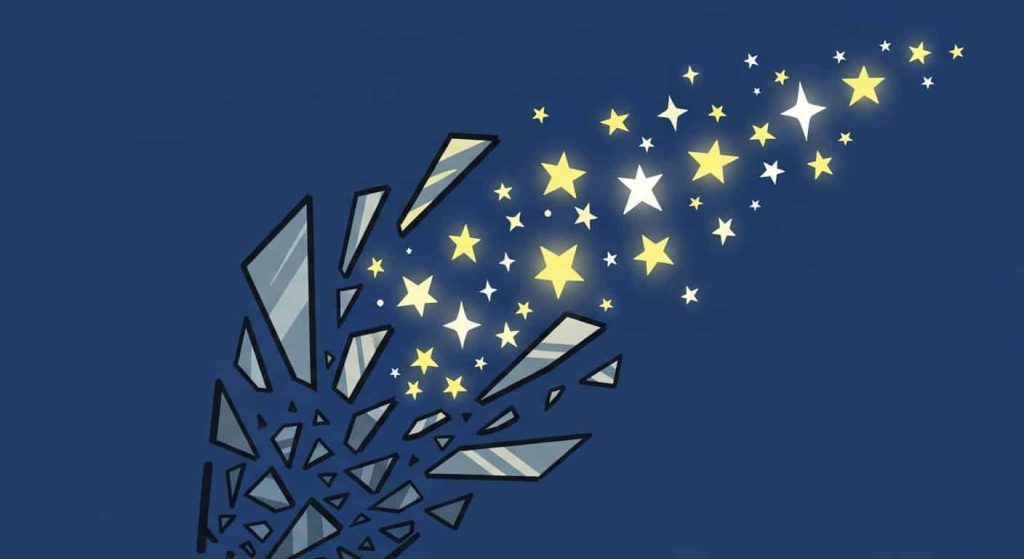
In our modern, science-driven world, what happens if u break a mirror? Realistically, you have a mess to clean up. Most people would say they don’t truly believe in a seven-year curse. Yet, the superstition lingers. Friends might joke, “seven years of bad luck!” when they hear glass shatter. A person might feel a genuine pang of anxiety after accidentally breaking a mirror.
Advertisement
So, is breaking a mirror actually bad luck? The enduring power of the superstition mirrors belief lies less in magical curses and more in psychology.
Confirmation Bias and The Self-Fulfilling Prophecy
As mentioned earlier, if you believe you are cursed, you are more likely to notice and remember negative events, attributing them to the broken mirror. This is confirmation bias. A lost wallet or a flat tire, which might otherwise be dismissed as simple annoyances, become proof of the bad luck breaking mirror curse. This can lead to a self-fulfilling prophecy, where the anxiety and fear caused by the belief lead to careless or negative behaviors, which in turn attract more misfortune. The question “Does breaking a mirror give you bad luck?” can be answered with: It does if you believe it does.
A Link to Our Cultural Past
Mirror superstitions are also a powerful link to our history. They are stories we tell ourselves, connecting us to the beliefs and fears of our ancestors. Repeating the phrase “break mirror bad luck” is participating in a tradition that spans thousands of years. It’s a piece of cultural folklore that has survived because it speaks to deep-seated human anxieties about fate, the soul, and the unknown. Even if we don’t believe it literally, the breaking mirror superstition is a part of our collective consciousness.
Practical Warnings and Cautionary Tales
On a more practical level, the broken mirror superstition serves as a potent cautionary tale. Mirrors, especially in the past, were fragile and expensive. Broken glass is dangerous. The dire warning of why breaking a mirror is bad luck was an effective way to encourage people, especially children, to be careful. The story of the bad luck to break a mirror adds a layer of mystical threat to a very real physical danger, making the lesson more memorable.
Specific Scenarios and Related Beliefs

The world of mirror superstitions is vast, with many specific variations and related beliefs.
Advertisement
- Cracked vs. Smashed Mirror: Is there a difference in meaning? Generally, a cracked mirror is seen as a warning. It is a sign of approaching misfortune or a fracturing of one’s well-being, but the full curse has not yet been unleashed. A completely smashed mirror is considered bad luck more severe, representing a total collapse or a definitive break. So, is cracking a mirror bad luck? Yes, but perhaps to a lesser degree than shattering it entirely.
- Keeping a Broken Mirror: What about holding onto a damaged mirror? The question, “Is it bad luck to keep a broken mirror?” is almost universally answered with a resounding “yes.” Using a broken or cracked mirror to view your reflection is seen as actively inviting distortion, confusion, and misfortune into your life. It is considered a continuous act of looking at a fractured version of your soul, which is believed to weaken your spirit over time.
- Mirrors and the Deceased: Many cultures have a tradition of covering mirrors in a house where someone has died. This is done out of fear that the soul of the departed, lingering before moving on, might get trapped in the mirror’s reflection. It is also believed to protect the living, as seeing one’s reflection in a room with a deceased person was thought to be an omen of one’s own death.
- Accidentally Breaking Mirror Meaning in Hinduism: In some interpretations within Hinduism, the accidentally breaking mirror meaning in Hinduism can be seen as the removal of negative energies or the evil eye (drishti) from the home. The mirror is believed to absorb this negativity, and its breaking is a sign that it has done its job of protecting the family. In this light, broken mirror is good or bad leaning toward good, as it signifies a cleansing.
Conclusion: Reflection of Our Own Fears and Hopes
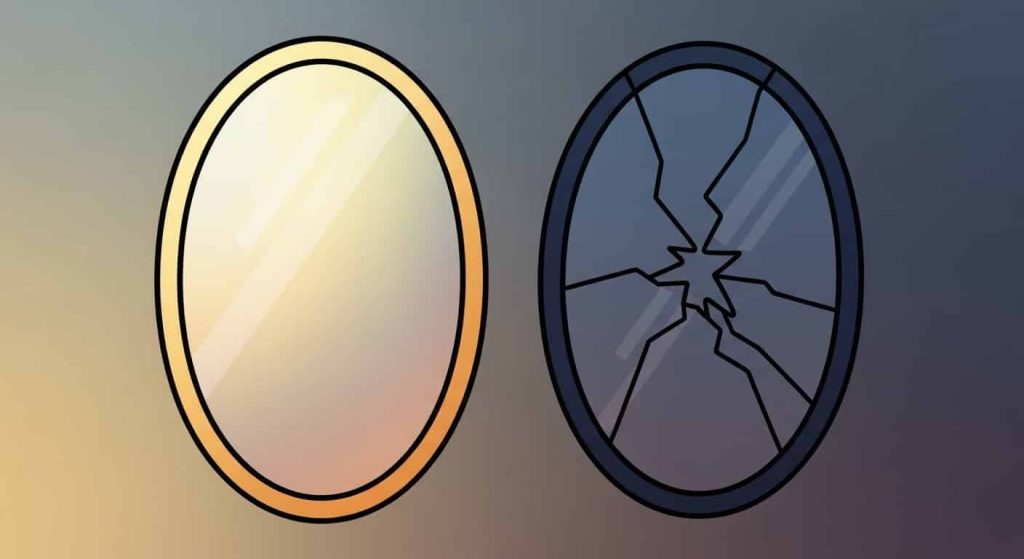
The question of “what happens if you break a mirror?” opens a door into a fascinating world where history, psychology, and folklore collide. The fear of a broken mirror is a powerful testament to the human desire to find meaning in the world around us, even in accidents. The journey of this superstition—from the soul-trapping beliefs of the Romans to the divinatory practices of the Greeks, and from the economic realities of the Renaissance to the psychological theories of today—shows how an idea can evolve and adapt, yet retain its core emotional power.
Whether you see a shattered mirror as a harbinger of seven years’ bad luck, a symbol of a fractured soul, or a liberating release of negative energy, the broken mirror superstition forces us to confront our beliefs about fate, luck, and control. It reminds us that for centuries, we have looked into mirrors and seen more than just our reflections; we have seen our hopes, our fears, and the deep, enduring mysteries of the human spirit. The next time you hear the sound of shattering glass, you may not believe in the curse, but you will undoubtedly feel the echo of an ancient and powerful story.
